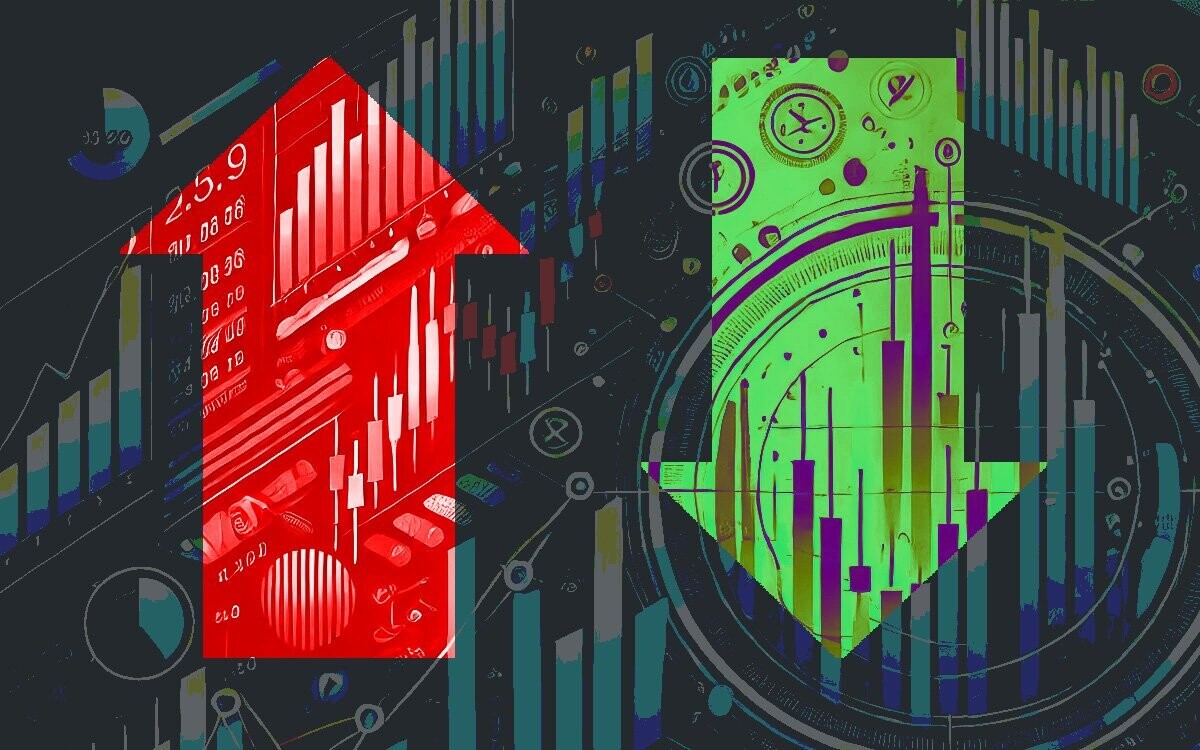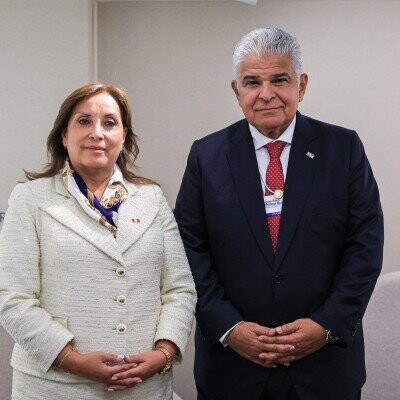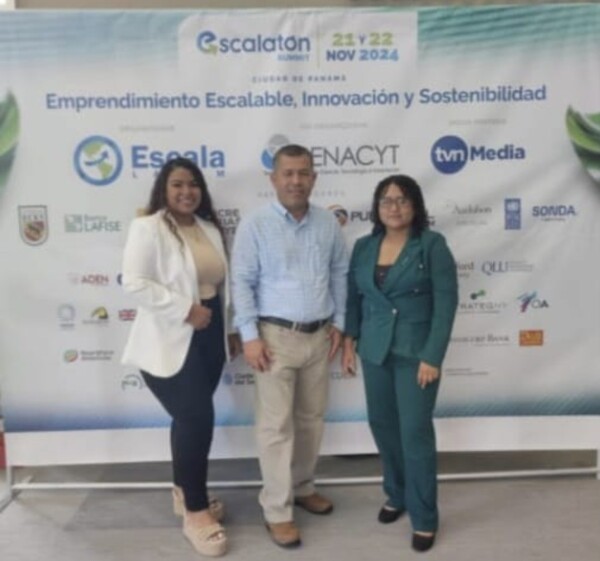
In Panama, a dilemma arises: will citizens follow the path of deception or decide to educate themselves? The reflection posed stems from the belief that seeking help from a foreign government instead of the nearby community is a form of self-deception. Specifically, the use of government "subsidies" is being questioned, which may apparently be having a negative impact on the country's economy.
Some experts believe that excessive dependence on these state aids can lead to long-term economic stagnation. Instead of fostering self-sufficiency and the development of local skills, the idea that the solution to problems lies in receiving external financial assistance would be strengthened.
In this context, the question arises as to whether Panamanian citizens will choose to empower themselves through education and hard work rather than relying on so-called “subsidies.” Although the temptation to receive easy help may be great, it is essential to consider the long-term implications this may have on the economy and the autonomy of society as a whole.
In the midst of this debate, the importance of fostering a culture of responsibility and effort as fundamental pillars for the sustainable development of Panama is raised. As some critical voices indicate, true help consists not only of assistance but in providing citizens with the necessary tools to be able to function independently and successfully in the economic sphere.














